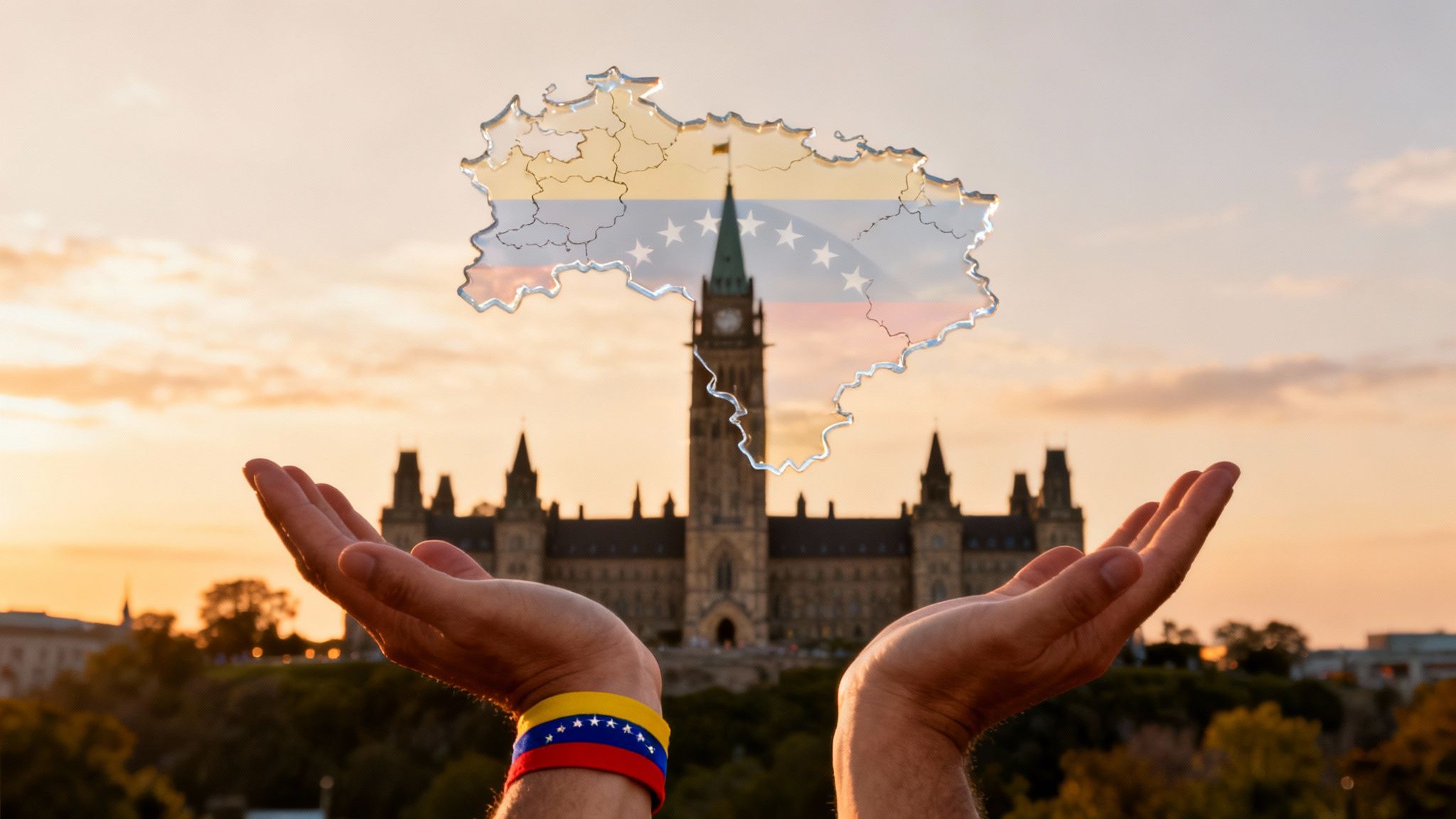Ontario’s effort to tackle the housing crisis has led to a quiet revolution in municipal politics. Through newly legislated strong mayor powers, select city leaders—starting with Ottawa and now extending to municipalities across the province—can bypass some of the traditional checks and balances of local government.
If you live in Ottawa or Eastern Ontario, here’s what’s happening, and why it matters to you.
What Are Strong Mayor Powers?
Under Ontario’s Strong Mayors, Building Homes Act, 2022 and its follow-up, the Better Municipal Governance Act, mayors in designated cities can now exercise enhanced authority over municipal operations. These strong mayor powers include:
- Writing and submitting the municipal budget
- Vetoing council amendments that conflict with provincial priorities
- Hiring and firing key municipal staff, including the Chief Administrative Officer (CAO)
- Creating or dissolving committees
- Passing by-laws that align with provincial goals with only one-third support from council
According to the Ontario government, these powers are meant to help meet the province’s target of building 1.5 million homes by 2031.
Ottawa: The First Test Case
Ottawa was among the first two cities in Ontario (alongside Toronto) to receive these powers in 2022. Mayor Mark Sutcliffe, elected later that year, inherited the tools but has so far approached them cautiously. In an interview with CBC, Sutcliffe stated, “I believe in working with council to achieve our shared goals for the city.”
To date, he has refrained from using his veto power or pushing through by-laws with just one-third of council support. Instead, Sutcliffe has emphasized cooperation and transparency. But the authority remains available—and critics say its mere presence changes the tone of local governance.
For Ottawa residents, this means that your mayor can act quickly on housing and infrastructure issues, but may also make decisions without full council input. Whether that leads to faster development or weaker oversight remains a matter of public debate.
Province-Wide Expansion
In July 2023, Premier Doug Ford announced that 26 more mayors would be given strong mayor powers. That number has since grown to 216 municipalities as of May 1, 2025.
The full list, published by the province, includes municipalities as large as Mississauga and as small as Perth. In Cornwall, Mayor Justin Towndale welcomed the new authority, calling it “a positive thing for Cornwall” and suggesting it will help the city respond more efficiently to local housing needs.
Mixed Reactions in Eastern Ontario
While Cornwall accepted the powers, nearby North Glengarry declined them. Mayor Jamie MacDonald stated, in an interview with the Cornwall Seaway News, “Each individual was elected to council with one vote—including myself… I feel it would be a disservice to our local democracy.”
Other SDG municipalities—such as South Dundas, North Dundas, South Stormont, North Stormont, and South Glengarry—were not granted strong mayor powers because their councils have fewer than six members. But even if they were eligible, local leaders appear skeptical. South Dundas Mayor Jason Broad told The Morrisburg Leader, “I don’t need unilateral power. I want to work on these things as a group, as a team.”
Democratic Concerns
Some citizens and former officials argue that strong mayor powers shift the balance of municipal governance too far toward the mayor’s office. In a letter to the editor, former Cornwall MPP Brian Lynch warned that “the undemocratic strong powers for the mayors will change how municipal councils operate and diminish the role of the duly elected council members” (Cornwall Newswatch).
Others fear that these powers—while currently tied to “provincial priorities” like housing—could expand into other areas such as policing, social services, or zoning, all without a legislative vote. As the Association of Municipalities of Ontario (AMO) points out, the provincial cabinet, not Queen’s Park, defines what those priorities are. This means they can change them at will.
Urban policy expert Zachary Spicer warned in a TVO op-ed that “you risk silencing community voices when a mayor can override council decisions and pass by-laws with minimal support.”
What You Can Do
Whether you support the new system or not, the decisions made using these strong mayor powers will affect how quickly homes are built, how tax dollars are spent, and how accountable your mayor is to the people.
Here’s how you can stay informed:
- Attend your local council meetings or follow online broadcasts
- Ask your mayor and councillors about their stance on strong mayor powers
- Participate in local planning consultations
- Vote in the next municipal election—and talk to others in your community
While these powers are designed to solve one problem—housing—they touch almost every part of local government. And whether you live in Ottawa, Cornwall, or anywhere in Ontario, they give new weight to the question of who sits in the mayor’s chair.







